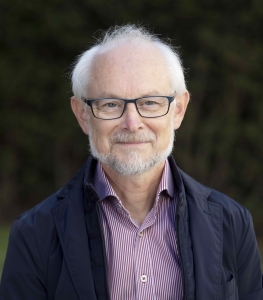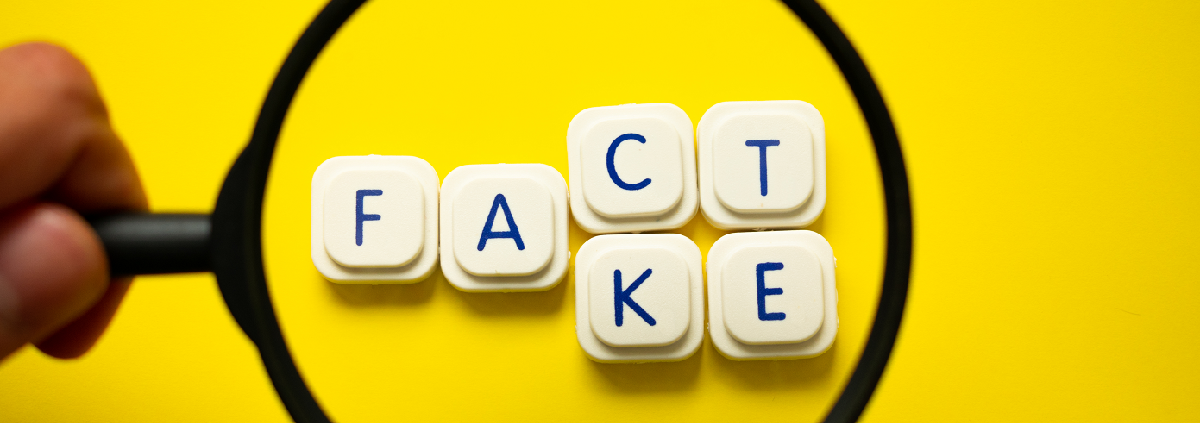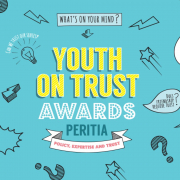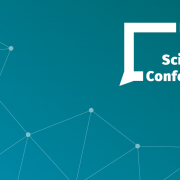Defending Truth: From Pseudo-Science to Science Disinformation

Prof. Dan Larhammar is a molecular cell biology professor at the University of Uppsala, the President of the Royal Swedish Academy of Sciences as well as the Chair of ALLEA’s new project ‘Fact or Fake: Tackling Science Disinformation’. In this interview, he shares with us insights into his work on tackling pseudo-science such as homeopathy and alternative medicine, as well as how these trends work to some extent in similar ways as science disinformation efforts.
Key takeaways:
- “It is important to be aware that many who use or provide alternative medicine honestly believe that it works (…). The believers must be offered an honourable retreat, so to speak, if they are to abandon ideas they may have held for many years.”
- “Science disinformation is a term used not only for different types of distortion of scientific facts but also attacks on science in order to undermine trust, for instance by spreading contradictory information, weaving conspiracy theories, questioning expertise, spreading false rumours about science and scientists, etc.”
- “People are often extremely reluctant to abandon ideas that they find appealing for one reason or another, or ideas they have been holding for a long period of time. Such ideas may have become part of their personality. (…) Information may even back-fire and consolidate the false beliefs instead of replacing them with scientifically well-founded information.”
“There is no sharp boundary between pseudoscience and science disinformation, in fact there is a great deal of overlap.”
Question: Your background is mainly in molecular cell biology and pharmacology, but your research has also involved different fields such as evolution, neurobiology and endocrinology. How did your research and academic interests become so multi-disciplinary?
Dan Larhammar: The reason is a mixture of curiosity and serendipity. With a master education in pharmacy and a PhD project using the methods of molecular biology, I had the great fortune to become equipped with a good foundation for molecular approaches to study the emergence of complex processes such as behaviour, cognition and memory. The best way to understand such complicated biological phenomena is to understand how they came about and how they have changed over time, in other words, their evolution.
Q.: When did you become interested in pseudoscience and then science disinformation, and what is the main thing that differentiates the two?
D. L.: The triggers have come from a few different directions. My first contact with pseudoscience was probably when I encountered religious creationists who cherry-picked scientific information to try to disprove evolution. I found their lies and denial of well-established facts appallingly deceptive. My second close encounter with pseudoscience was when I was teaching pharmacology at medical school. A guest lecturer had been invited to lecture about alternative medicine and he was found to promote it by cherry-picking information and exaggerating the outcome of clinical studies. I read up on alternative medicine and examined numerous published studies. Many of those that reported positive results turned out to be of quite poor quality. This made me interested in why so many people believe in alternative medicine despite lack of scientific support.
There is no sharp boundary between pseudoscience and science disinformation, in fact there is a great deal of overlap. Pseudoscience can be broadly described as claims that are phrased to appear scientific, for instance by using scientific terms and jargon, but have no scientific basis. Science disinformation is a term used not only for different types of distortion of scientific facts but also attacks on science in order to undermine trust, for instance by spreading contradictory information, weaving conspiracy theories, questioning expertise, spreading false rumours about science and scientists, etcetera.
Q.: Across your research fields, has the level, source and type of science disinformation been uniform or do you observe variations?
D. L.: Science disinformation can have quite different causes or sources, either ideological such as religious (creationism) or political (so called climate skeptics), or commercial. Alternative medicine can have either commercial reasons (manufacturers, therapists) or ideological (belief that ‘natural’ products are always good and ‘synthetic’ products are always bad). Disinformation of the type called malinformation can be just plain evil with intent to cause confusion or harm. Anti-vaxxers spread several types of disinformation, for instance they still refer to a scientific report that has since long been disproved.
Q.: What are some of the lessons you learned from dealing with so called alternative medicine that can be useful for tackling science disinformation?
D. L.: It is important to be aware that many who use or provide alternative medicine honestly believe that it works. Ideally, they should be cautiously made aware of scientific studies showing that their favourite methods perform no better than placebo and that they have been misled, either by those who promote or sell the methods or by their own confirmation bias. The believers must be offered an honourable retreat, so to speak, if they are to abandon ideas they may have held for many years. Everybody should be made aware of the Dunning-Kruger effect and placebo responses.
Then there are of course proponents of alternative medicine who are fully aware that they cheat, and who deliberately betray customers and clients, usually for commercial reasons. Here it is important that consumer agencies and legislation protect customers from such criminal acts.
Q.: Recent research suggests that there are certain psychological and cognitive dispositions we have as humans to accept science mis/disinformation, especially when it is sensational/emotional. Why is this so?
D. L.: Human behaviour and cognition have evolved gradually during millions of years. Certain responses have turned out to be evolutionarily beneficial, but may nevertheless have drawbacks in certain situations. For instance, trust in authorities can obviously be either good or bad depending on the competence and trustworthiness of the authority. With huge numbers of humans there will also be a wide range of personalities who act and react in different ways. Some of us are more gullible than others and need to learn how to question and how to apply critical thinking, including self-critical. Others are iconoclasts and do not accept anything that experts say. Confirmation bias is also likely to have a strong evolutionary underpinning, but in a complex world flooded with information as well as disinformation, everybody needs to be made aware of this and receive advice on how to evaluate claims more critically and objectively. A special problem is that humans in general have no natural sense for statistical evaluation – this is something we need to learn the hard way in order not to over-interpret or otherwise mislead ourselves and others. This is particularly obvious regarding vaccinations with anti-vaxxers refusing to accept the overwhelming statistical proof for the benefits of vaccines.
People are often extremely reluctant to abandon ideas that they find appealing for one reason or another, or ideas they have been holding for a long period of time. Such ideas may have become part of their personality.
Q.: Your work includes research aimed at identifying the mechanisms for long-term memory formation. Tackling science mis/disinformation also involves addressing and correcting false information embedded in our memories. What does the latest scientific evidence offer to solve this problem?
D. L.: Research in psychology has shown that it can be exceedingly difficult to correct misconceptions. People are often extremely reluctant to abandon ideas that they find appealing for one reason or another, or ideas they have been holding for a long period of time. Such ideas may have become part of their personality. For instance, studies have shown that even if people are informed about the disinformation from the anti-vaxx movement, they may still hesitate to accept vaccinations. Information may even back-fire and consolidate the false beliefs instead of replacing them with scientifically well-founded information. Psychologists, philosophers and educators are working on different ways to get around the blocks of confirmation bias to open up the door to more logical and rational thinking.
Learn more about ALLEA’s work on science disinformation on our project’s Fact or Fake? page.









